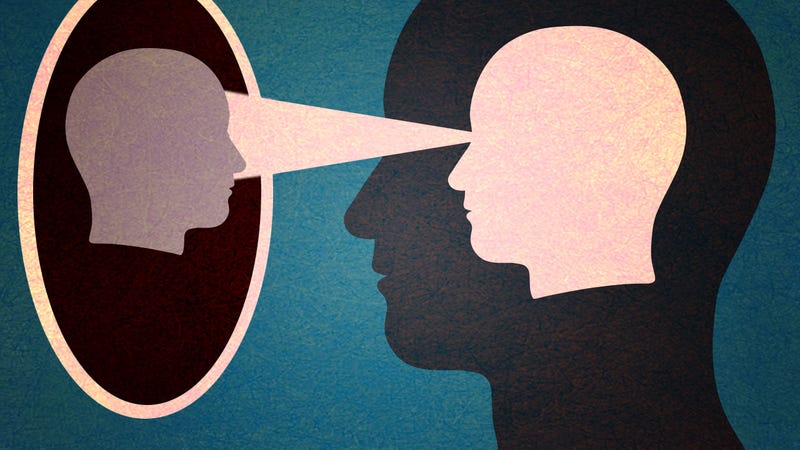I'll share 2 stories as samples of
following one's own versus others' aims. The primary is of a two-headed eagle;
let's decision it Associate in Nursing Yankee bird of Jove. This eagle had 2
heads. -We grasp from biology that every head naturally has its own brain,
however this 2 headed, two-brained eagle had just one body. (Sorry, this is
often funny science, I know!) The 2 heads had alternative ways of seeing the
globe, and that they did not abundant look after one another. In fact, they
every very needed the entire body to themselves. Every head started scheming
ways in which to urge eliminate the opposite.
However
after all, this act poisoned the entire body that they shared. They were every
therefore targeted on their own egoistic aims and their dislike of 1 another
that they forgot that they shared an equivalent body.
This is what
happens once us area unit egoistic. In the end, we have a tendency to solely
hurt ourselves. To possess a purposeful life, we have a tendency to should see
our life as Associate in nursing integral a part of a far larger whole. Given
the truth of our tightly interconnected existence during this world, it's
completely affordable to mention that we have a tendency to area unit all
sharing one life' we've several heads, however one body.
The second story
is of a house that caught alight with a full family within. One member of the
family afraid, and barred for the closest reply of the house. His 1st thought
was his own preservation, and he managed to form it safely to the door. however
even as his front foot created it past the edge, he suddenly remembered his
family. He unbroken his back foot within the door, with the sensation that he
needed an equivalent life and safety for his family that he was dashing to
secure for himself. once stopping for that trice along with his balance equally
distributed between the 2 feet, he now turned to travel back so as to avoid
wasting the others.
We need to act
during a similar method. That leading foot points to wherever we would like to
travel ourselves, whereas the opposite foot reminds United States of America
that others wish that very same factor for themselves, too. We'd like to form
the likelihood of getting each these feet on the bottom. Our self-interest will
tell United States of America what we would like for ourselves; however our
awareness of others reminds United States of America that they require it, too.
We must always not sacrifice ourselves entirely, or run ourselves down for
others to the purpose of self-deprivation. Nor ought to we have a tendency to
disregard others for the sake of our own well-being. This is often the correct
balance.
















